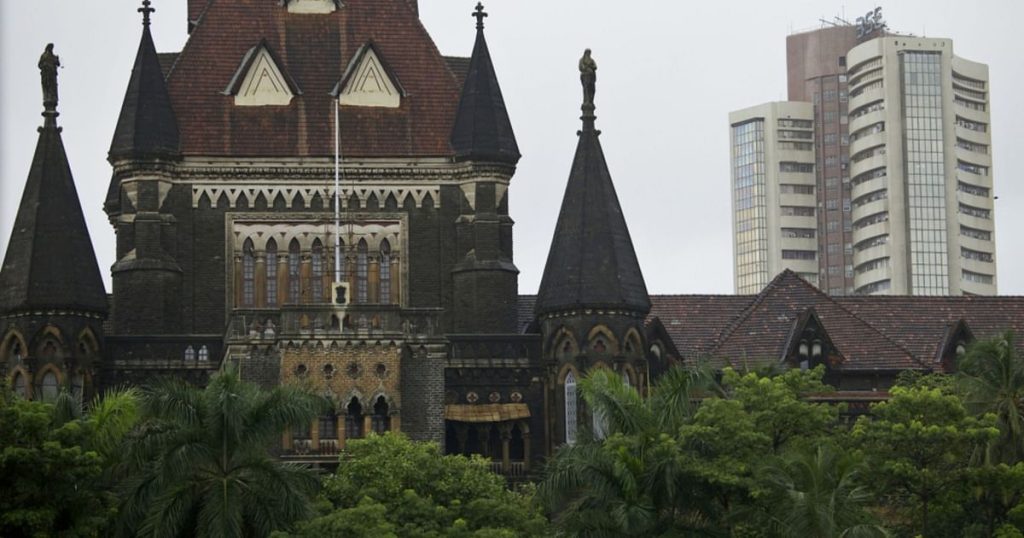Zee Entertainment Enterprises Ltd. concluded its arguments on Friday before the division bench of the Bombay High Court. The high court is hearing an appeal plea moved by Invesco Developing Markets Fund against the single judge’s order which granted an interim injunction in favour of Zee.
The submissions were made before a division bench of Justice SJ Kathawalla and Justice Milind N Jadhav.
On Oct. 26, the high court had granted an injunction in favour of Zee Entertainment restricting Invesco to act on its September requisition to call an extraordinary general meeting.
Invesco and OFI Global China Fund LLC, together hold a 17.88% stake in the media company, are locked in a dispute with Zee Entertainment’s board and managing director and chief executive officer Punit Goenka.
The two funds are seeking to oust Goenka and appoint six new independent directors via an EGM.
Invesco had concluded its arguments in December.
Broadly, Zee’s lawyers reiterated the arguments that were made before the single bench of Justice Gautam Patel.
Appearing for Zee, Senior Advocate Aspi Chinoy submitted that jurisdiction of the adjudicating authority i.e., National Company Law Tribunal, is limited under the Companies Act. The NCLT does not have the statutory authority to decide on questions regarding requisition of an EGM. ‘Under Companies Act, NCLT’s powers are specifically stated.’
According to Chinoy, the high court is the appropriate forum to hear matters on requisitions. High courts, having civil jurisdiction, have always entertained suits challenging resolutions such as holding meetings, removal of a director, among others. So, requisitions should be treated on a par with resolutions, he argued.
Before the division bench, Invesco had argued that the right of the shareholders to remove directors at a requisitioned general meeting is not affected by the Ministry of Information and Broadcasting’s regulations.
Countering this, Chinoy said that the requirement to obtain prior permission from MIB before effecting a change in the board is key. In fact, acting on the requisition to remove Goenka without prior MIB clearance would result in Zee Entertainment losing its broadcasting license.
The single judge had found merit in this contention. Since the ministry’s approval wasn’t sought, it would make Invesco’s proposed resolutions illegal, Justice Patel had said in its order.
The single judge order had upheld Zee’s argument that SEBI’s Listing Regulations lay down a Nomination and Remuneration Committee-led process for the appointment and removal of directors, including independent directors.
Invesco argued before the division bench against this conclusion saying shareholders don’t need the NRC’s approval as they have an absolute right in calling an EGM. In fact, the committee’s role is quite limited—it cannot curtail the right of shareholders, Invesco had stated.
In response, Chinoy argued that it is not open for any shareholder to suggest a management change outside the statutory and regulatory framework.
‘There is no concept of direct appointment of independent directors by shareholders.’
There is a process that has to be followed— first, the NRC must recommend the director’s appointment. After which, the Board looks into their integrity and expertise. Once the Board accepts the NRC recommendation, then shareholders’ approval is sought in the general meeting, Chinoy said.
Further, independent directors cannot be appointed in violation of the Companies Act.
Chinoy took the court through the terminology used in the Companies Act provisions. All other directors except independent directors are ‘appointed’ in the general meeting.
As far as independent directors are concerned, their appointment would be ‘approved’ by the company’s shareholders in the general meeting. This, Chinoy explained, effectively means that independent directors are appointed by the board, post which shareholders’ approval is sought.
To sum up, independent directors cannot be directly appointed through a general meeting by the shareholders as it is against company law, he said.
Senior Advocate Zal Andhyarujina, appearing on behalf of Goenka, will argue on March 3.
